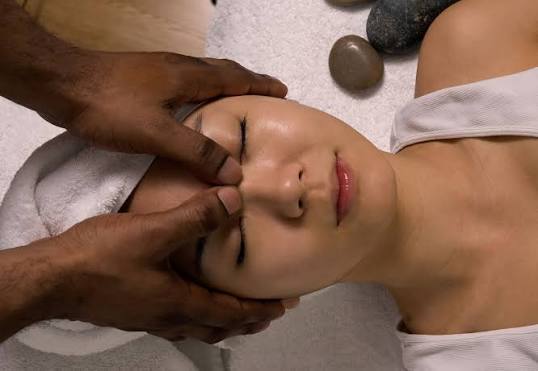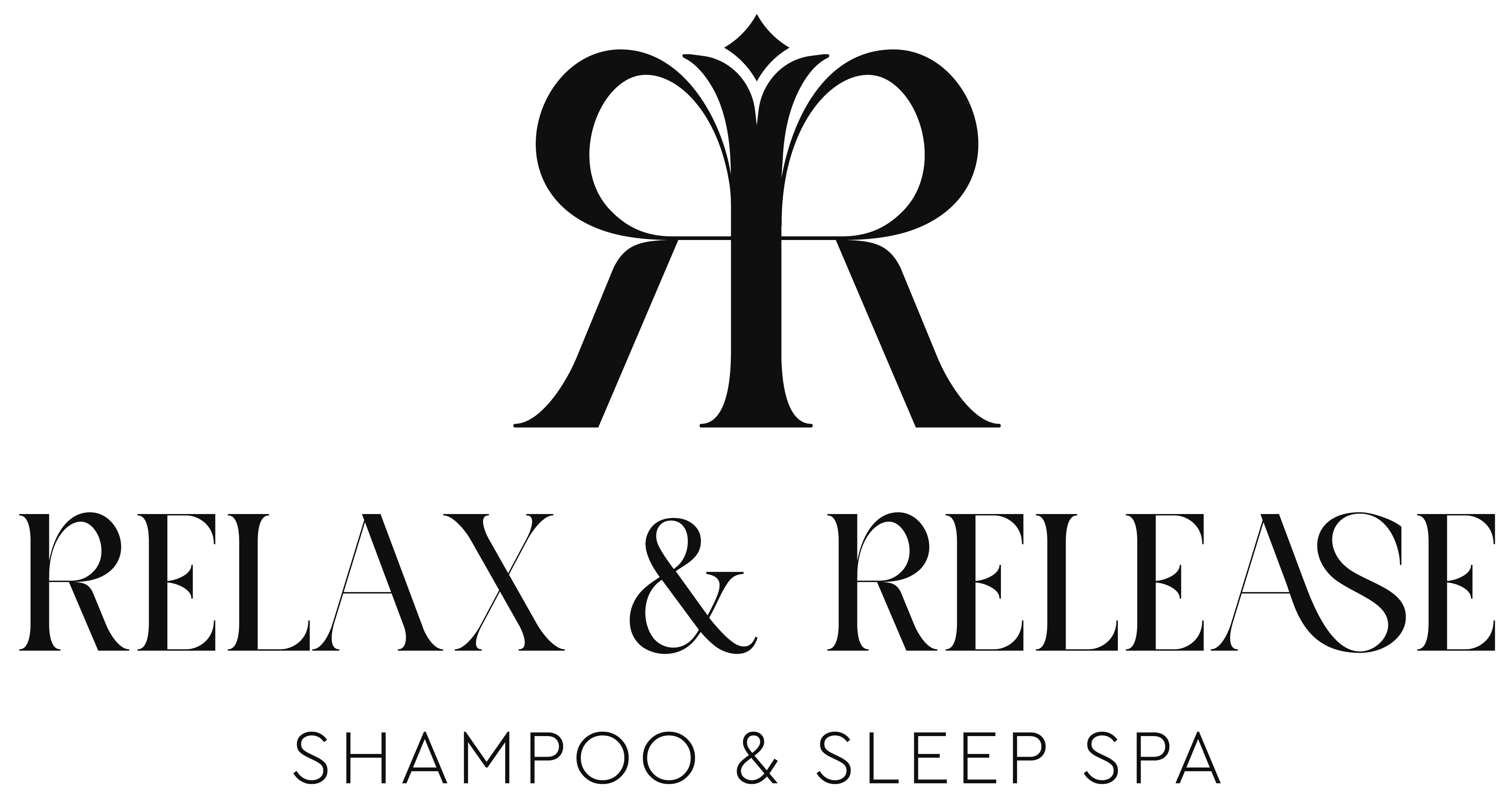
Why You Keep Waking Up to Pee And Why It Could Be Obstructive Sleep Apnea
If you’re reading this, it’s likely not just the “older bladder” talking. That middle-of-the-night bathroom run? It might be your body telling you something much bigger is going on.
The Hidden Link: Sleep Apnea & Nocturia
Frequent nighttime urination — known medically as Nocturia — shows up in more than 50% of adults in certain studies, and the rates are even higher for folks with moderate to severe sleep apnea.
sleepmedres.org
Here’s how it works: When your airway collapses during sleep (that’s a hallmark of obstructive sleep apnea), it creates a cascade of events: low oxygen, bursts of adrenaline, and heart stress, which cause your body to release a hormone (atrial natriuretic peptide, or ANP) that tells your kidneys, “Make more urine now.”
One study showed that after treating sleep apnea using a CPAP device, patients’ average nighttime urination dropped from about 2.8 times per night to 1.2 times per night.
PMC
And here’s something you don’t hear every day: Up to 90% of women with sleep apnea go undiagnosed, often because their symptoms are less classic (no loud snoring, but frequent urination or exhaustion instead).
Tom’s Guide
Why This Matters
It’s not just an annoying interruption it’s a signal your sleep is broken, your body is under stress, and your organs are compensating for something your mind isn’t aware of yet.
Nighttime awakenings interfere with deep sleep, which leads to lower immunity, cognitive fog, mood disruptions, and even higher risk of heart disease.
If you keep “waking up to go” AND you have other signs of poor sleep (like morning headaches, daytime fatigue, loud snoring, and gasping & choking during sleep), the cause may not be your bladder it might be your breathing.
What You Can Do Right Now
Track your nights: For 3-5 nights, jot down how many times you wake, if you feel rested, and if you have snoring or choking episodes.
Check your lifestyle: Reduce fluids 1-2 hours before bed, avoid caffeine/alcohol in the evening, and get into deep sleep without distractions.
Ask about screening: If you’re on the frequent-waker list and you or your doctor aren’t sure why start the conversation about sleep apnea testing (home sleep test or full lab study).
Prioritize treatment: If you are diagnosed, treatments like CPAP or oral appliance therapy don’t only improve breathing they can dramatically reduce those middle-of-the-night bathroom runs and help you reclaim real sleep.
The Takeaway
Every time you wake up to pee when you shouldn’t have to, when your bladder isn’t full and your schedule doesn’t demand it, listen. Your body might be telling you your sleep and airway need attention. And when you treat what’s behind the symptom (in this case, sleep apnea), the pee break might just disappear, and you’ll sleep deeper, live stronger, and wake up to a new kind of “morning relief.”

